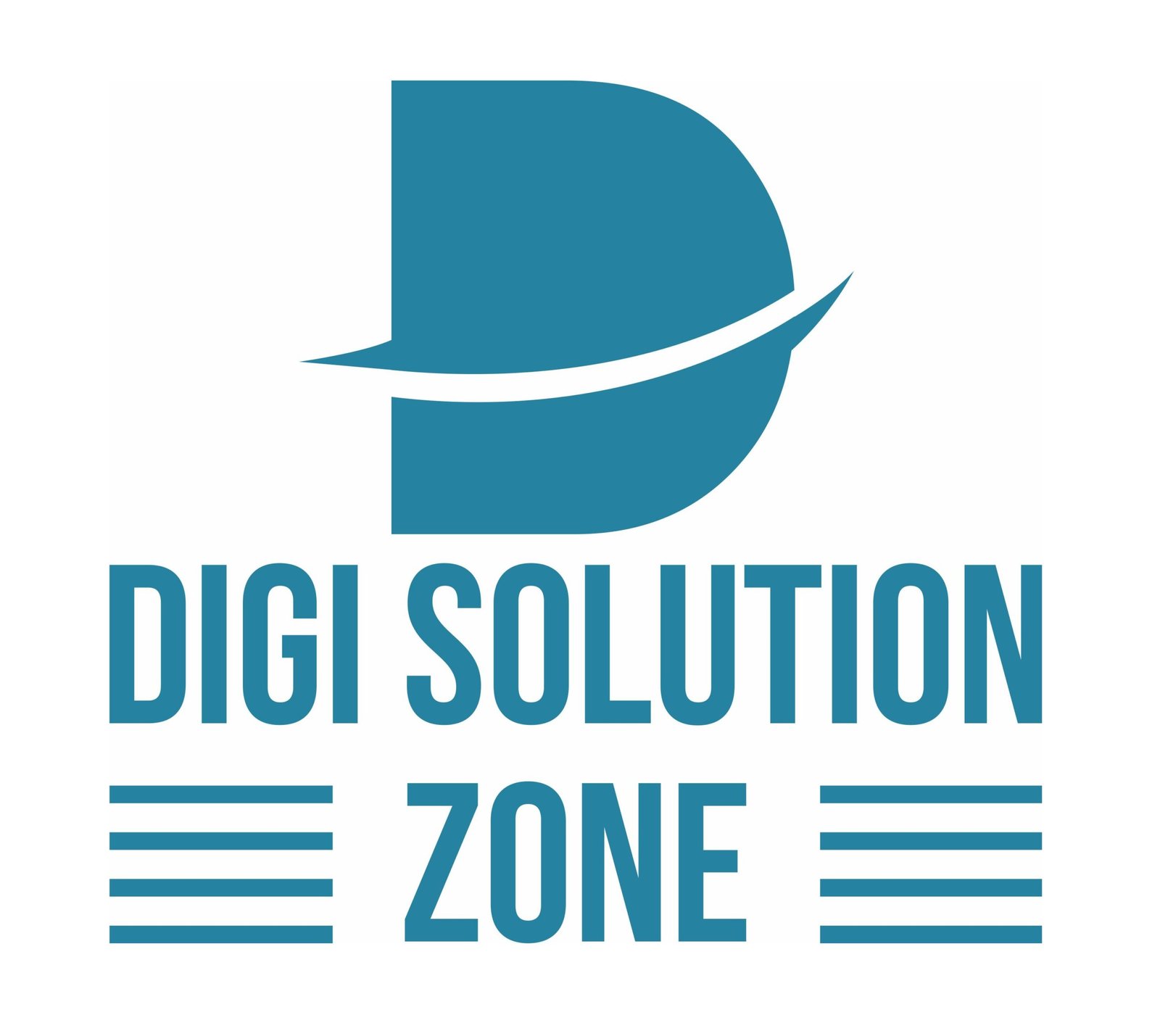Private label manufacturing in China is appealing if you are looking to create a brand without the burden of in-house production. It is a process where a Chinese supplier produces your products, which you sell under your own label or brand name. It is an arrangement in which you will maintain control over the designing, packaging and marketing of the products, while the Chinese supplier will focus on the production and manufacturing aspects.
The allure of private label manufacturing in China is competitive pricing, vast supplier network, and potential for rapid product development. However, it is essential to be careful when working with Chinese private-label suppliers.
Considerations for success
Product stability
China has a vast array of manufacturing sectors ranging from apparel and textiles to industrial machinery and consumer electronics. Carefully assess if your product aligns with China’s strengths and area of expertise.
For example, complex electronics involve intricate components and need high precision, so they are suited for manufacturing hubs with established technologies and experience. On the other hand, simple consumer goods or apparel, where cost-efficiency and scalability are a priority, can be perfect for Chinese private-label manufacturers.
Conduct thorough research to identify the established manufacturing clusters in China that suit your product’s specific needs.
Minimum Order Quantities [MOQs]
MOQs represent the smallest amount of products the potential manufacturer is willing to produce or sell. High MOQS can ensure receiving high-quality products because the supplier will invest time and resources into quality control, when producing larger quantities. If your needs are small, meeting MOQ requirements can impact your storage capacity and cash flow.
Make sure your initial production order aligns with your financial capabilities and sales projection. For new businesses large upfront investment is risky.
Intellectual Property [IP] Protection
China has taken steps in IP protection, but vigilance is vital in a globalized manufacturing environment. Non-disclosure agreements are legally binding contracts that prevent the disclosure of confidential information.
Ensure to draft the NDA in English and Mandarin to avoid any misunderstanding. Trademark registration in China can help to prevent unauthorized use of your brand name or logo, but is prone to infringement. Therefore, work with a lawyer specializing in Chinese IP law.
Quality control
Clearly define your quality standards and establish a robust inspection process throughout the production cycles. A clear product specification with details is a reference point for the supplier and you. It minimizes the risk of misinterpretations and ensures the final product is as desired.
Use third-party China manufacturing agents like Maple Sourcing to assess the factory’s capabilities and infrastructure before production starts. The inspectors will implement in-line inspections to identify quality issues early and the supplier will take corrective actions. The final inspection stage is before shipment, which ensures quality management and compliance with standards.
Logistics & compliance
Import/export regulations are complicated. Partner with an experienced freight forwarder in China to streamline the process. It will ensure that all the necessary documentation and certifications are in order to avoid delays or customs issues.
Conclusion
Private label manufacturing in China is appealing to establish your own brand identity. However, you will need to consider the above aspects carefully to leverage the manufacturing prowess of Chinese factories. It is sensible to partner with a sourcing company to help you develop and launch private-label product lines successfully.




